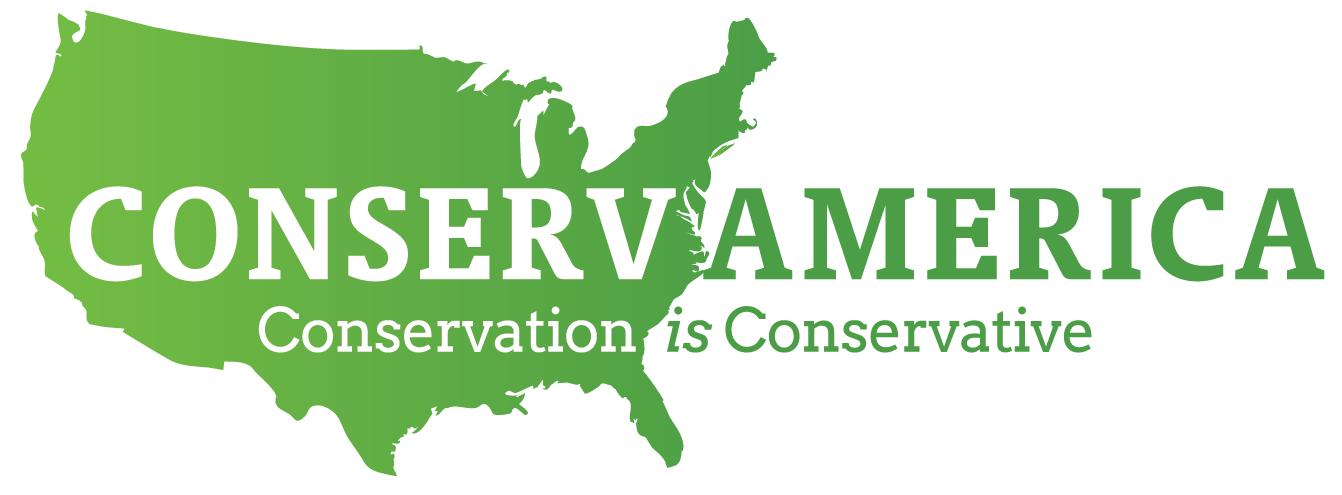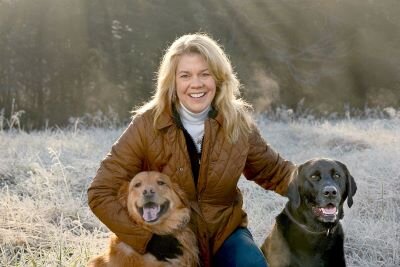Webinar: Recovering America’s Wildlife Act (RAWA)
Currently, over 1,600 species are listed as either endangered or threatened in the United States under the Endangered Species Act (ESA). The number of candidate species continues to grow and many species of birds, amphibians, reptiles, fish and mollusks, and butterflies appear to be in decline.
Since its adoption, many have debated the costs and effectiveness of recovering species under ESA’s inflexible and stringent requirements. The national costs for recovering species are significant and estimated to be well over $1.2 billion annually. Fortunately, there is a growing bipartisan consensus that state wildlife agencies can do more to keep species off the ESA list by actively monitoring and managing at-risk species, including encouraging more innovative techniques, tools, and partnerships.
If adopted, the Recovering America’s Wildlife Act (S. 2372 and H.R. 2773) introduced by Senators Martin Heinrich (D-NM) and Roy Blunt (R-MO) and Representatives Debbie Dingell (D-MI) and Jeff Fortenberry (R-NE) would provide $1.3 billion in dedicated funding annually for implementing state wildlife action plans. With over 118 co-sponsors in the House, and 24 in the Senate, RAWA has significant momentum and could soon be law of the land.
During a ConservAmerica webinar on October 12, panelists explored the challenges and opportunities for species conservation, the role of innovation and private landowners, and the implications for RAWA passage. Watch here.
Panelists:
Amos S. Eno, President and Founder, LandCan
Sara Parker Pauley, Director of Missouri Department of Natural Resources
Collin O’Mara, CEO, National Wildlife Federation
From Left to Right: Amos Eno, Sara Parker Pauley, and Collin O’Mara
Amos S. Eno
Eno founded the Land Conservation Assistance Network (LandCAN) in 2000. At the time, he was executive director of the New England Forestry Foundation where he engineered the two largest privately held land conservation easements in the United States totalling 1.1 million acres, the Pingree Project and the Downeast Project. For 10 years, he was executive director of the National Fish and Wildlife Foundation. He has been director of wildlife programs at the National Audubon Society and editor of the Audubon Wildlife Reports. He served as special assistant in the Office of Endangered Species at the Department of the Interior. He served as assistant to Nathaniel P. Reed, Assistant Secretary of the Interior for Fish, Wildlife and Parks, 1974-1976, working on Alaska lands, endangered species and national wildlife refuges. Cleo Layton was his mentor.
Founder of the Resources First Group, a consulting company, Amos’ past clients included Secretary of the Department of Defense Donald Rumsfeld, Resources Legacy Fund, Nature Conservancy, New England Forestry Foundation and the Louisiana Secretary of Natural Resources.
Sara Parker Pauley
Sara Parker Pauley serves as the ninth director of the Missouri Department of Conservation. The Missouri Conservation Commission announced Pauley’s selection effective November 1, 2016. Pauley received both her law degree and bachelor’s degree in journalism from the University of Missouri – Columbia, and did post-graduate studies in Australia as a Rotary Fellow. She previously served as director of the Missouri Department of Natural Resources since 2010. She has worked as project manager for D.J. Case & Associates, a natural resources communications firm, and as a deputy director for the Missouri Department of Natural Resources. She has been an instructor at the University of Missouri’s School of Natural Resources, teaching a course in natural resource policy and administration.
Collin O'Mara
O’Mara serves as President and CEO of the National Wildlife Federation, America’s largest wildlife conservation organization with 53 state and territorial affiliates and nearly six million hunters, anglers, birders, gardeners, hikers, paddlers, and wildlife enthusiasts. O’Mara serves on the Hunting and Shooting Sports Conservation Council, is a professional member of the Boone & Crockett Club, and represents the National Wildlife Federation as a member of the American Wildlife Conservation Partners and the Blue Green Alliance. In 2015, O’Mara was named Bass Pro Shop’s Conservation Partner of the Year. He is regularly called before Congress to testify about wildlife, water, and sportsmen issues.



